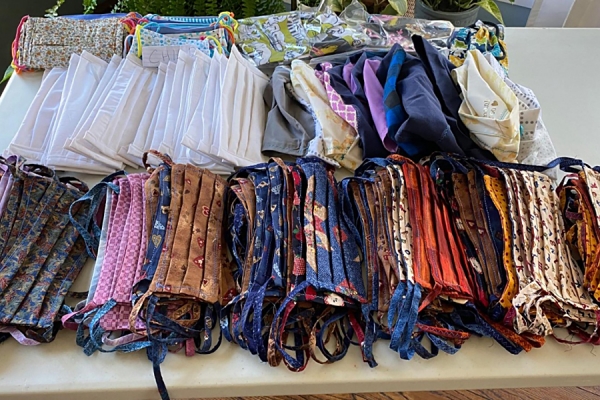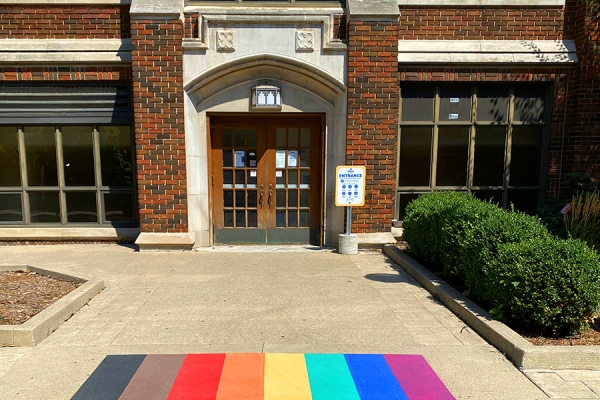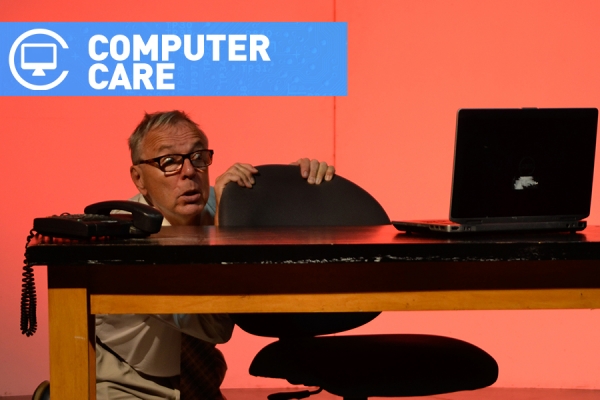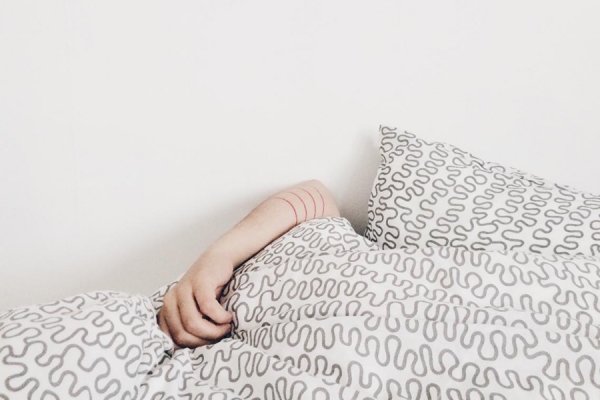 Properly made cotton masks, like these made by the Windsor Essex Sewing Force, can be as effective as surgical medical masks.
Properly made cotton masks, like these made by the Windsor Essex Sewing Force, can be as effective as surgical medical masks.
A research project led by Ken Drouillard of the Great Lakes Institute for Environmental Research has concluded that certain simple two-ply cotton masks can be as effective as some surgical medical masks — or more so.
Dr. Drouillard, along with along with UWindsor health sciences professors Lisa Porter and Dora Cavallo-Medved and Catherine Clase of McMaster University, worked in partnership with the Windsor Essex Sewing Force, a grass-roots organization of volunteers who have sewn thousands of cloth masks for local members of vulnerable groups. The research was funded by the University of Windsor’s Office of Research and Innovation and WE-Spark Health Institute.
“The COVID-19 pandemic caused shortages for certified personal protective equipment everywhere in our community,” says Drouillard. “When our local hospitals put out a call for homemade masks that could be used by visitors to the hospital, the sewing force partnered with GLIER to implement a testing and quality control program to optimize the production of high-quality homemade masks for donation to local healthcare institutions.”
The test results showed that the two-ply cotton masks, which use ties to hold the mask to the face, have a better fit than surgical-style masks that use integrated ear loops. The better fit makes the performance of these masks equal to medical masks.
The one caution the researchers have is that not all homemade masks are alike. The team fully supports moving towards better standards for cloth masks as proposed in guidelines from ASTM, an international organization that develops technical specifications.
“One reason this research is timely today is that many governments in western Europe are moving to ban cloth masks in public spaces,” Drouillard says. “However, our research casts doubt about the legitimacy of such a policy.
“Our research shows that cloth masks that follow specific standards are a safe option for the general public. In a pandemic world, it’s important to make informed decisions … we now know that properly made cloth masks have a role to play in public spaces.”
Drouillard presented the research findings — currently undergoing peer review in the journal Plos One — during a presentation on Oct. 6. Watch a recording of the presentation here.






